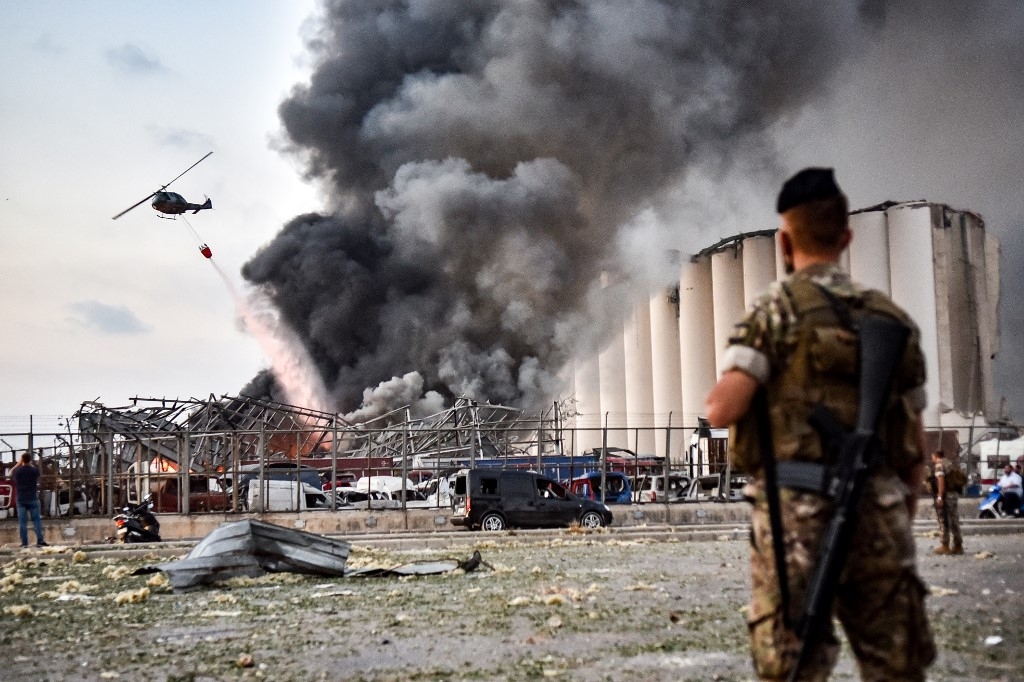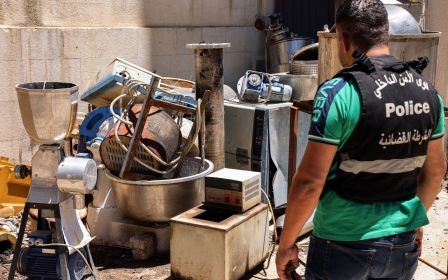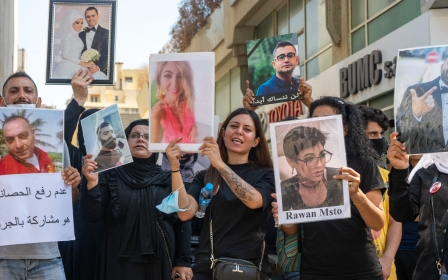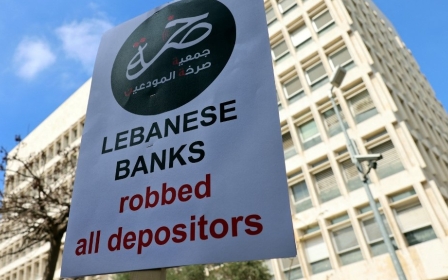Lebanon: Investigation into Beirut explosion resumes after 13 months of stalemate

A Lebanese judge resumed on Monday a sensitive investigation into the 2020 Beirut port explosion, in which dozens of people were killed, after a 13-month suspension due to political pressure.
"Judge Tarek Bitar has decided to resume his investigation," a judicial source told AFP, adding that Bitar ordered the release of five detained suspects while charging eight others.
Lebanon's General Security Director Abbas Ibrahim and State Security Chief Tony Saliba were among the figures Bitar charged.
Bitar's judicial investigation into the cause of the Beirut explosion stalled in December 2021 for more than a month as politicians, who were summoned for questioning, filed complaints against Bitar, forcing him to halt his probe.
"Bitar conducted a legal study that led him to decide to resume his investigations despite the complaints filed against him," the official said.
New MEE newsletter: Jerusalem Dispatch
Sign up to get the latest insights and analysis on Israel-Palestine, alongside Turkey Unpacked and other MEE newsletters
Lebanon's powerful Hezbollah movement had repeatedly demanded that Bitar step down from the investigation. No state official has yet been held accountable over the blast.
Destruction of the capital
Last week, Bitar reportedly met with two French judges about his investigation.
The explosion of Beirut port on 4 August 2020 killed 215 people and destroyed much of the capital.
Lebanese authorities said tonnes of ammonium nitrate fertiliser haphazardly stocked in a port warehouse since 2014 had caught fire, causing one of history's most enormous non-nuclear explosions.
In April, Lebanon's cabinet approved the demolition of the ruins of Beirut port's grain silos - a vast structure that is said to have taken the brunt of the explosion, limiting the spread of the destruction that it might otherwise have caused.
However, some families of those killed in the blast had called for the silos to be preserved as a memorial to the incident, which was widely blamed on rampant corruption and negligence within Lebanon's political class.
Middle East Eye delivers independent and unrivalled coverage and analysis of the Middle East, North Africa and beyond. To learn more about republishing this content and the associated fees, please fill out this form. More about MEE can be found here.




